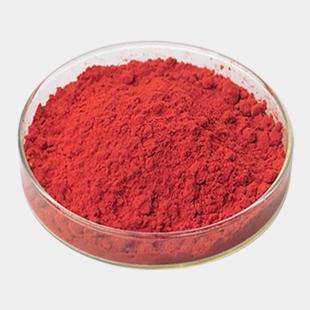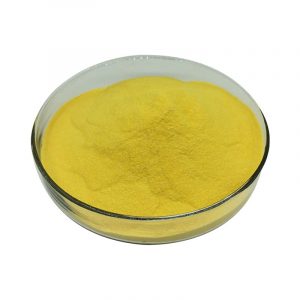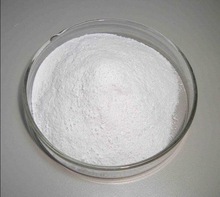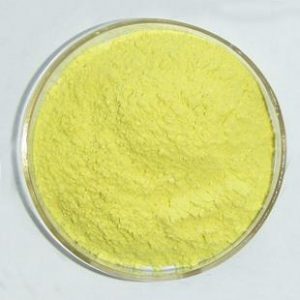描述
Product Description: Vitamin B12
Introduction: Vitamin B12, also known as cobalamin, is an essential water-soluble vitamin that plays a crucial role in various physiological processes in the human body. It is a member of the B-vitamin family and is required for the proper functioning of the nervous system, the production of red blood cells, and the synthesis of DNA. Vitamin B12 is an important nutrient that is commonly used in the pharmaceutical industry to address deficiencies and support overall health.
Product Nicknames: Vitamin B12 is also known by several other names, including cobalamin, cyanocobalamin, and methylcobalamin.
Appearance: Vitamin B12 is a crystalline powder that is typically dark red in color. It is odorless and has a neutral taste. The powder is highly soluble in water, making it suitable for various pharmaceutical formulations.
Properties: Vitamin B12 is characterized by its stability, solubility, and bioavailability. It is heat-stable and can withstand processing and manufacturing conditions without significant degradation. The high solubility of vitamin B12 allows for easy incorporation into liquid formulations, making it versatile for different pharmaceutical applications.
Category: Vitamin B12 belongs to the category of water-soluble vitamins, specifically the B-vitamin family. It is an essential nutrient that cannot be synthesized by the human body and must be obtained through diet or supplementation. Vitamin B12 is crucial for maintaining optimal health and is involved in various metabolic processes.
Chemical Formula: The chemical formula of Vitamin B12 is C63H88CoN14O14P. It is a complex molecule composed of 63 carbon atoms, 88 hydrogen atoms, 14 nitrogen atoms, 14 oxygen atoms, one cobalt atom, and one phosphorus atom.
Molecular Formula: The molecular formula of Vitamin B12 is C63H88CoN14O14P. This formula represents the arrangement of atoms in a single molecule of vitamin B12.
Pharmaceutical Industry Applications: Vitamin B12 finds extensive use in the pharmaceutical industry due to its essential role in maintaining health and addressing deficiencies. Some of its key applications include:
-
Treatment of Vitamin B12 Deficiency: Vitamin B12 is used in pharmaceutical formulations to treat vitamin B12 deficiency, which can lead to various health issues, including anemia, neurological disorders, and fatigue. Supplementation with vitamin B12 helps to restore optimal levels in the body and alleviate deficiency symptoms.
-
Nutritional Supplements: Vitamin B12 is commonly included in multivitamin and nutritional supplement formulations to ensure adequate intake of this essential nutrient. It is particularly important for individuals following vegetarian or vegan diets, as vitamin B12 is primarily found in animal-based foods.
-
Energy and Metabolism Support: Vitamin B12 plays a crucial role in energy production and metabolism. It is involved in the conversion of food into energy and the synthesis of DNA and red blood cells. Pharmaceutical formulations containing vitamin B12 can help support energy levels and promote overall metabolic health.
-
Neurological Health: Vitamin B12 is essential for the proper functioning of the nervous system. It helps maintain the health of nerve cells and supports cognitive function. Pharmaceutical products containing vitamin B12 can be used to support neurological health and address conditions related to nerve damage or degeneration.
-
Skin and Hair Health: Vitamin B12 is involved in the production of healthy skin cells and hair follicles. It supports the growth and maintenance of skin and hair, and pharmaceutical formulations containing vitamin B12 can be used to promote skin and hair health.
Conclusion: Vitamin B12 is an essential nutrient that plays a vital role in various physiological processes in the human body. Its use in the pharmaceutical industry helps address deficiencies and support overall health. With its stability, solubility, and bioavailability, Vitamin B12 ensures the safety, efficacy, and patient acceptability of pharmaceutical products.



